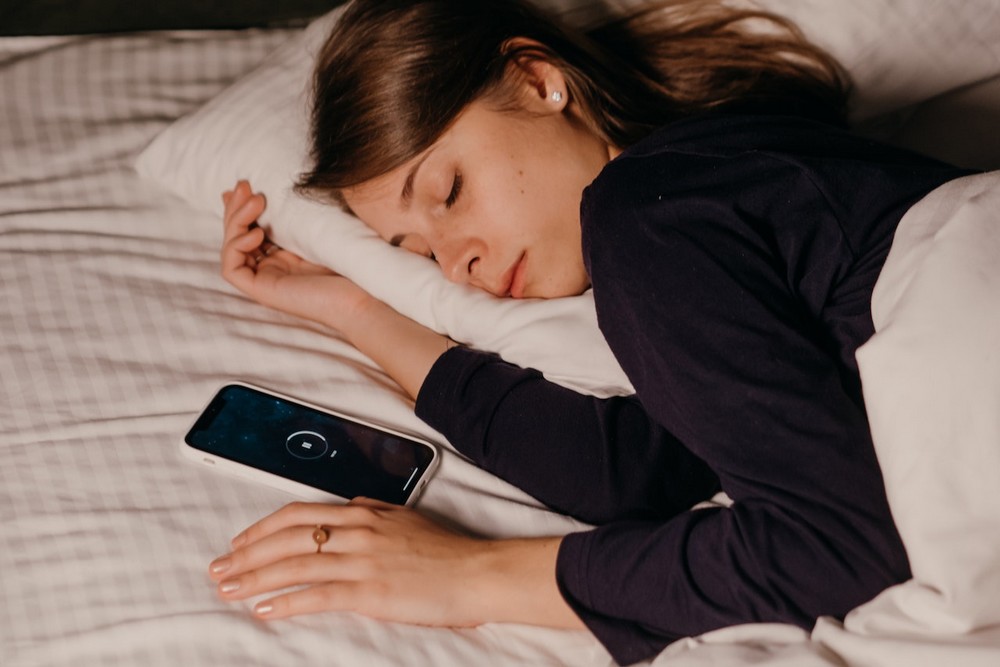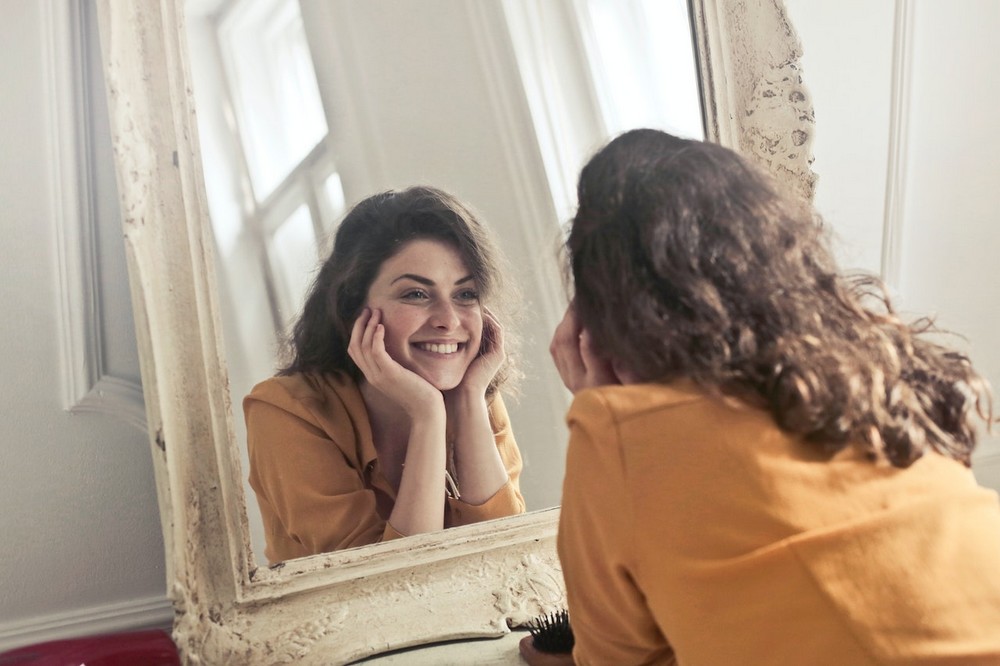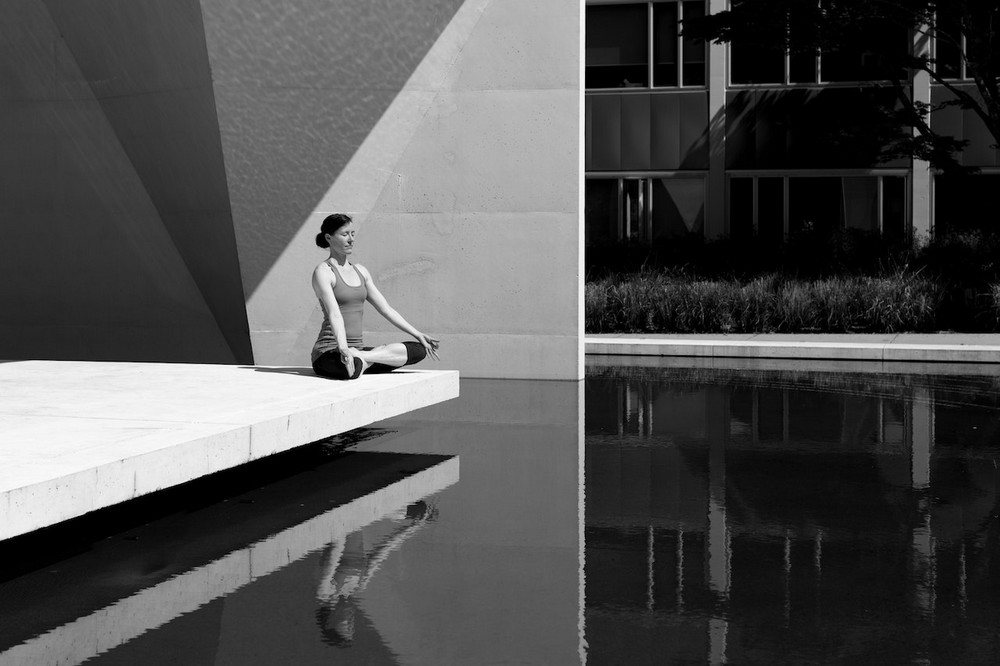Getting a good night’s sleep is crucial for your physical and mental well-being. However, falling asleep can sometimes be challenging, especially if you feel stressed or anxious. Fortunately, there are many ways to promote relaxation and make it easier to fall asleep. In this article, we will discuss some tips that can help you fall asleep more easily.
Proven Techniques for Falling Asleep Faster
Below are some of the tips that be helping you to have better sleep
#1. Stick to a regular sleep schedule
One of the most effective ways to fall asleep is to establish a regular sleep schedule. When you maintain a consistent sleep routine, your body learns when it is time to sleep and when it is time to wake up. That can help regulate your internal biological clock and improve the quality of your sleep.
When you have a regular sleep pattern, you are more likely to feel sleepy at the same time each night, making it easier to fall asleep. This is because your body starts to release hormones such as melatonin, which help regulate sleep and wakefulness, at the same time each day. That makes you feel naturally tired and sleepy, which can help you fall asleep faster.
#2. Create a relaxing bedtime routine
Creating a relaxing bedtime routine can be very helpful in falling asleep. A bedtime routine is a set of activities you do before bed to help your mind and body relax and prepare for sleep. Some activities include taking a warm bath, reading a book, or listening to calming music. It’s important to choose activities that you find soothing and enjoyable so that you can look forward to your bedtime routine and associate it with a positive feeling of relaxation.
#3. Create a comfortable sleep environment
The environment in which you sleep can have a big impact on the quality of your sleep. Creating a comfortable sleep environment can make it easier for your body and mind to relax, promoting better sleep. Make sure your bedroom is cool, quiet, and dark. Also, invest in comfortable bedding and pillows that help you feel relaxed and cozy.
#4. Limit exposure to screens
The blue light emitted by electronic devices can disrupt your sleep by suppressing the production of melatonin, a hormone that regulates sleep. Try to avoid using electronic devices for at least an hour before bed.
#5. Avoid caffeine, alcohol, and heavy meals
Caffeine and alcohol can interfere with your sleep, while heavy meals can cause discomfort and make it harder to fall asleep. Avoid consuming these substances in the evening, incredibly close to bedtime.
#6. Manage stress and anxiety
Stress and anxiety can make it difficult to fall asleep. Consider practicing relaxation techniques such as deep breathing, meditation, or yoga to help calm your mind and promote relaxation.

Wrap Up
Falling asleep can be a challenge for many people, but several strategies can help one fall asleep faster. Creating a relaxing bedtime routine, avoiding caffeine and stimulating activities before bedtime, keeping the sleeping environment cool and comfortable, and practicing relaxation techniques can all promote better sleep. It’s also important to establish consistent sleep patterns and prioritize getting enough sleep each night. With a little effort and patience, anyone can improve their ability to fall asleep and enjoy the benefits of a good night’s rest.




